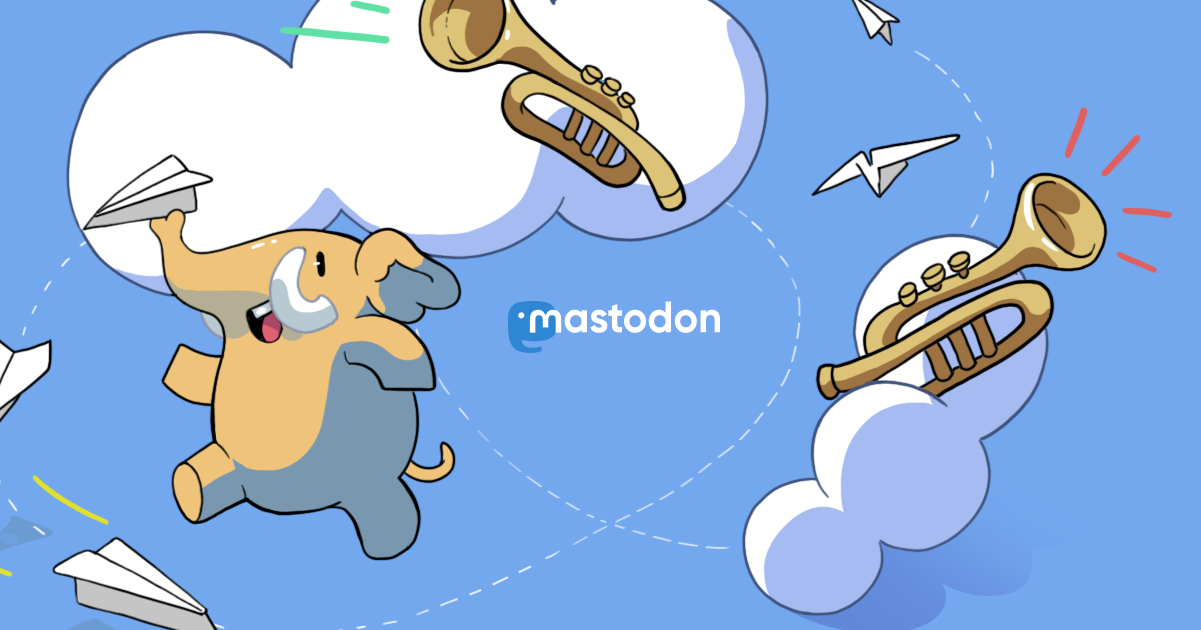@markosaric how do you deal with them except for releasing feature first / having better support?
@jonn @markosaric all business have competition. You open the first pizza place in town and soon there are 100 more. They just capture their customers with some flyers
Start a food shop, same. A one man business as a painter, same. Want to grow you pizza place? Start a chain by buying one of the others
In my opinion there's easily room in Europe for 100 analytic companies being alternatives to Google
A pizza place is not a copycat, they just sell the same thing
@JohanEmpa @markosaric in this case they *clearly* resell OSIP, likely poorly deployed, which--in your slightly fallacious analogy--would be an equivalent of reselling old pizza dough following exact same recipe, cooked in a cheap oven in a shed that was never visited by a food safety inspector.
But I would like to break the discourse free from "you wouldn't download a car" or "you would download a car" modality. We're dealing with completely different things here that don't quite translate well to "real" businesses.
"If it's open source it's open source", that's not how licenses and IP work, at least according to my lawyers.
I'm just yeeting everything under WTFPL to separate brand and code and also to make sure that it's a PITA for big corporate to use anything I make (in the most ironic fashion possible).
@JohanEmpa @jonn as long as they also open source their own code with AGPL, not otherwise
@robby @jonn yes. It wasn't clear from the screenshot if this "copycat" was breaking the license. I since learned that they did.
Marko spoke about copycats, but the licence allow copying the code. A way to protect against that would of course be full old school proprietary.
A company that gives away open source code can't be whining when competitors use that code (according to the licence)
But there seems to be companies doing it intentionally wrong.

@jonn @markosaric
I meant if it's open source it's allowed to do exactly what the licence say. Proprietary protects against that
Plausible was MIT before if I remember correct and then companies could legally copy the code and do pretty much whatever. Now it's aGPLv3 and that allow commercial use of the code as long as they follow the rule of the licence
Unless I'm missing something in the particular case, Plausible's license allow competitors to use their code